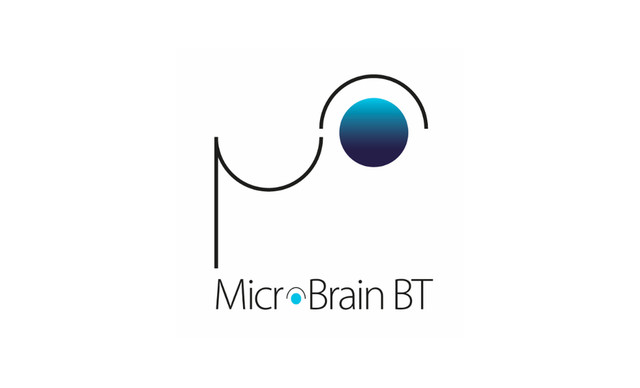Microbrain Biotech signs an exclusive license to develop neuronal screening with Institut Curie, CNRS and UPMC

MICROBRAIN BIOTECH, a biotechnology company specializing in the design and development of microfluidic devices for the screening of neuropharmacological agents from reconstructed neural networks, signed an exclusive licensing agreement with Institut Curie, CNRS, and the University Pierre-and-Marie Curie. This agreement was set up within the framework of Curie-Cancer, the structure labeled "Institut Carnot" which conducts the research activities of the Institut Curie. It concerns an international patent protecting a microfluidic technology which makes it possible to reconstitute functional, compartmentalized and directional neural networks.
This new technology, or neuronal diode, was developed by Drs Bernard BRUGG and Jean-Michel PEYRIN at the Paris-Seine Institute of Biology (CNRS UPMC UMR8256) in collaboration with Jean-Louis VIOVY (Institut Curie & Institut Pierre -Gilles de Gennes-IPGG). It has been shown to be particularly effective in developing preclinical models of Alzheimer's disease, Parkinson's disease, or in vitro reproduction of situations of traumatic or ischemic injury. This work has been the subject of several publications in international scientific journals of reference.
The devices developed by MICROBRAIN BIOTECH target the market of neuropharmacological and toxicological R & D. To develop this technology, MICROBRAIN BIOTECH intends to adopt a double strategy. On the one hand, MICROBRAIN BIOTECH will develop proprietary products selected for their local neuroprotective activity (protection of synapses, axons) or on the functionality of reconstructed neural circuits. On the other hand, MICROBRAIN BIOTECH will offer pharmaceutical companies devices and approaches on neural networks to select and optimize the efficiency of their proprietary molecules.
A lot of research is being done to discover new treatments for neurodegenerative diseases, and to select drug candidates with no side effects. The originality of MICROBRAIN BIOTECH is to use innovative microfluidic devices composed of polydimethylsiloxane in which the neurons are arranged in a controlled architecture in order to mimic neuroanatomic pathways of interest.
